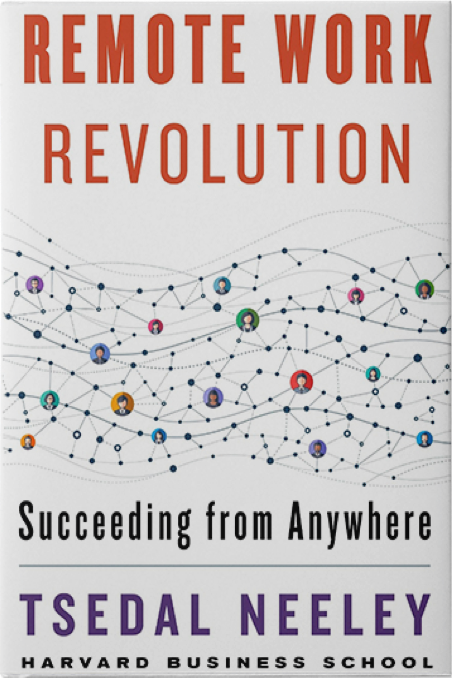When your organization changes from a multi-lingual to a one-language practice, your day-to-day work life is also certain to change. But how it will change and what you can do to ease the transition depends on your native tongue and native culture. Let’s assume—because English has become the lingua franca of business—that English is the language you are required to use.
In my book, The Language of Global Success, I detail how employees at Rakuten, a global online giant, fit in their company’s globalization and language strategy. There are some key lessons for employees of global companies.
First, determine to which of three social groups you belong.
- Is a language other than English your mother tongue? If the answer is “Yes,” then you will become a linguistic expat, a person who must trade the comfort of your mother tongue for the challenge of a foreign language.
- Are you a native English speaker? You need not make any troublesome adjustments in the language you use to communicate with your co-workers. However, you are likely to become a cultural expat; a person who may need to trade the comfort of your home culture for the challenge of behaviors and values that feel foreign.
- Is a language other than English your mother tongue? Do the expected behaviors and values of your organization differ substantially from your home culture? You are a linguistic-cultural expat, also called a dual expat.
By the way, expatriates (often shortened to “expat”) are people temporarily or permanently residing as immigrants in a country other than that of their citizenship. I have repurposed the word “expat” to mean people who are temporarily or permanently detached from their native language or home culture while still operating in their own country.
If you are a linguistic expat you may be feeling uncertain that you can learn English, anxious about losing your job, fearful of looking stupid in front of your co-workers—or all three. That’s natural. You may also feel a visceral shock at the idea of having to speak English. You may wonder if you are still the competent, intelligent person you were before you switched to speaking English. All these feelings are to be expected.
What you can do: sign up for any English learning support your work place offers. Seek out others who are also learning English for the first time. Observe good study habits. With time and deliberate practice your language skills will improve. Make sure you attend and participate in meetings that are held in English. Refrain from speaking your native language with other co-workers. Tell yourself: I can do it. I can do it.
If you are a cultural expat, be careful of taking for granted the euphoria that can accompany being a native English speaker. You just happened to be born into a country where English is already the lingua franca. Chances are that you will be asked to make cultural changes and adjustments at work. Don’t expect to rise in the company just because you are fluent in English.
What you can do: Be open to other ways of thinking and behaving. If you find yourself feeling shocked or threatened by new workplace policies tell yourself that it’s not a big deal. You can adjust. Seek to find commonalities with your coworkers who are not native English speakers. Seek interactions with geographically distant offices or teams. Remember that you are working for an international organization and not only your local subsidiary office. Think about the benefits of working and living in another country.
If you are a dual expat, you are likely to find the language change challenging and need to put in extra time and effort to improve fluency. You may not like all the organizational changes that accompany the language change. But it’s unlikely that you will be emotionally troubled by these changes, and for that reason they will be easier. Besides, you probably realize that it’s a career advantage to develop English language fluency.
What you can do: Sign up for any English language support your workplace offers. Seek out coworkers with whom you can practice English. Remember that your positive attitude towards the lingua franca is a model to colleagues from other social groups who may feel frightened or confused by changes they are asked to make. Seek to find commonalities with your distant colleagues and interact often. Aspire to a global career.
Finally, when you interact with co-workers, especially those who are geographically distant, remember to identify which social group they belong to. Consider whether they might have difficulty communicating in a new language, a new culture, or both, and adjust your behavior accordingly.
 Examining the strategic use of language by one international corporation, The Language of Global Success uncovers how all organizations might integrate language effectively to tap into the promise of globalization.
Examining the strategic use of language by one international corporation, The Language of Global Success uncovers how all organizations might integrate language effectively to tap into the promise of globalization.


